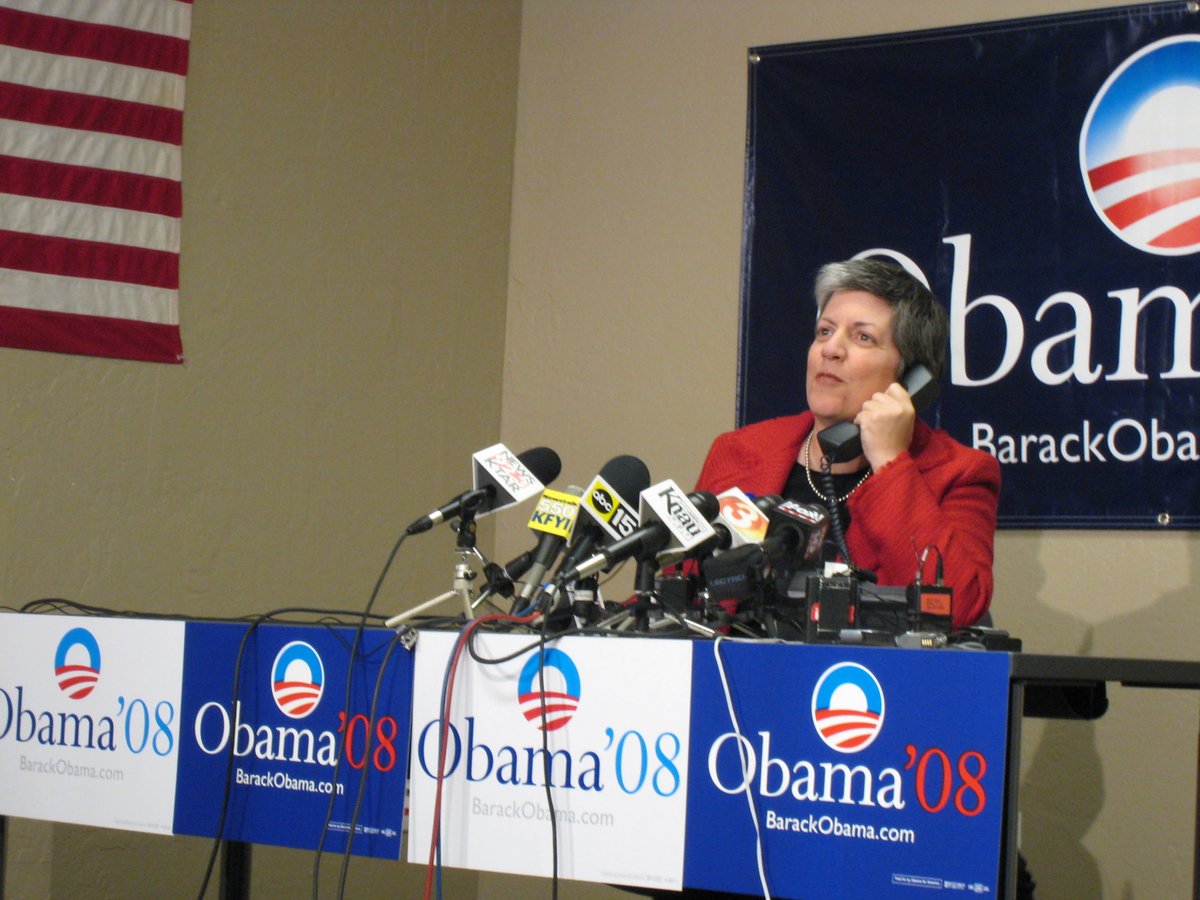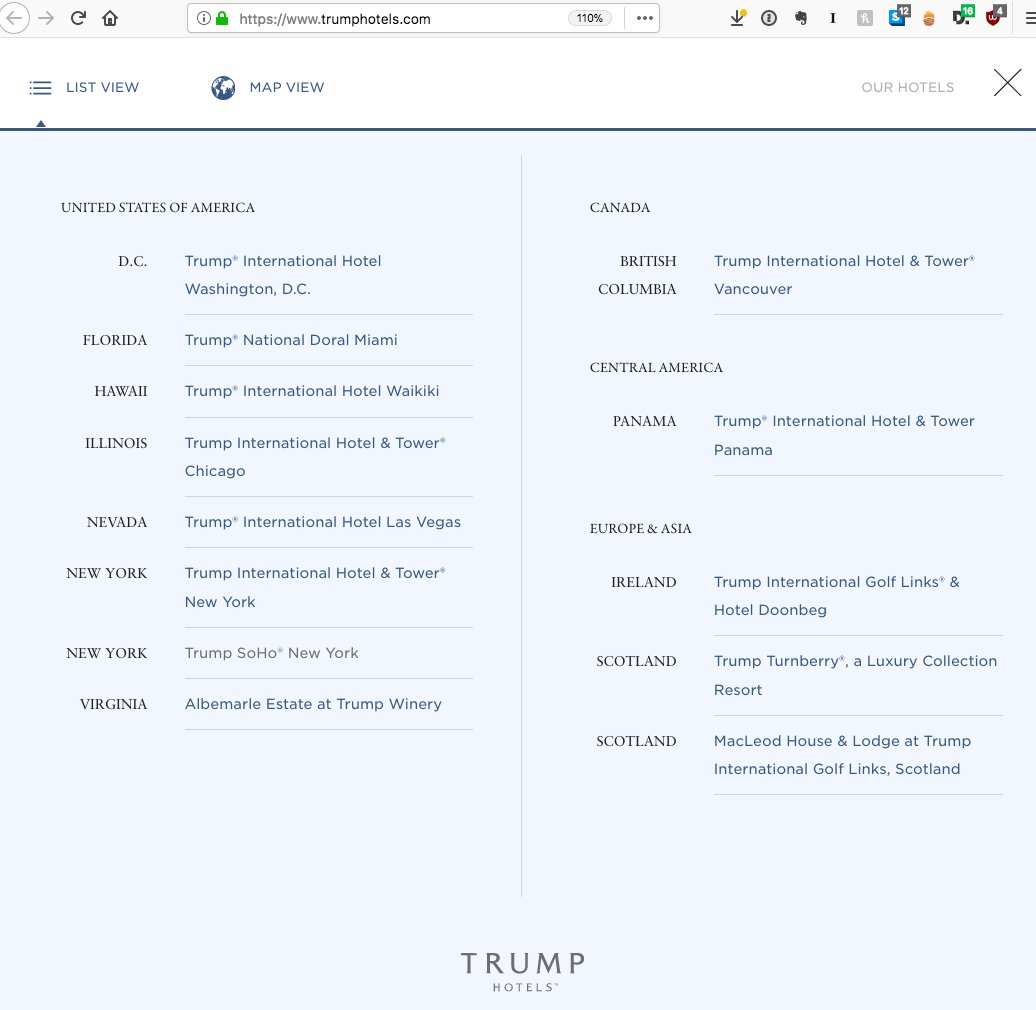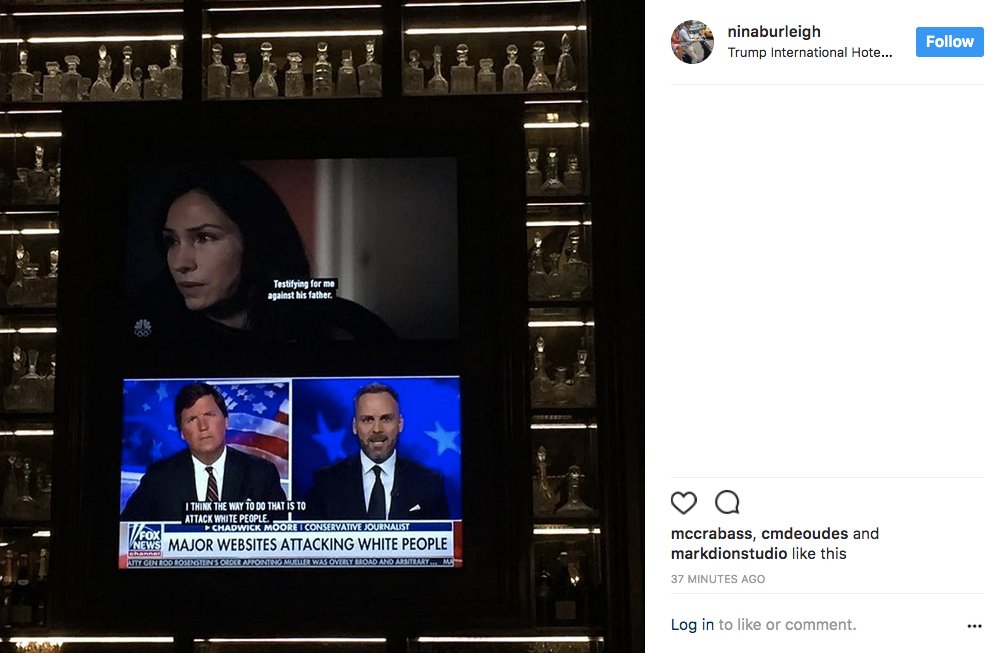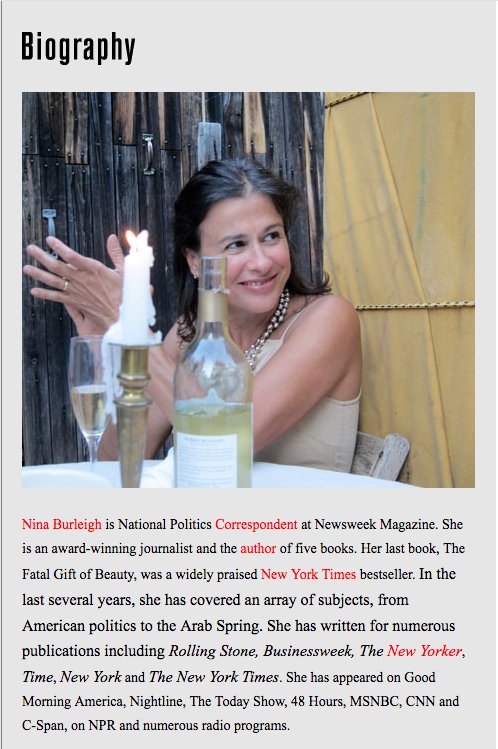“Multiple White House officials with direct knowledge of the call informed me…”
“Based on multiple readouts of these meetings recounted to me by various U.S. officials…”
....
“U.S. officials characterized this meeting…”
“Separately, multiple U.S. officials told me that…"
“I was told separately by multiple U.S. officials that…"









